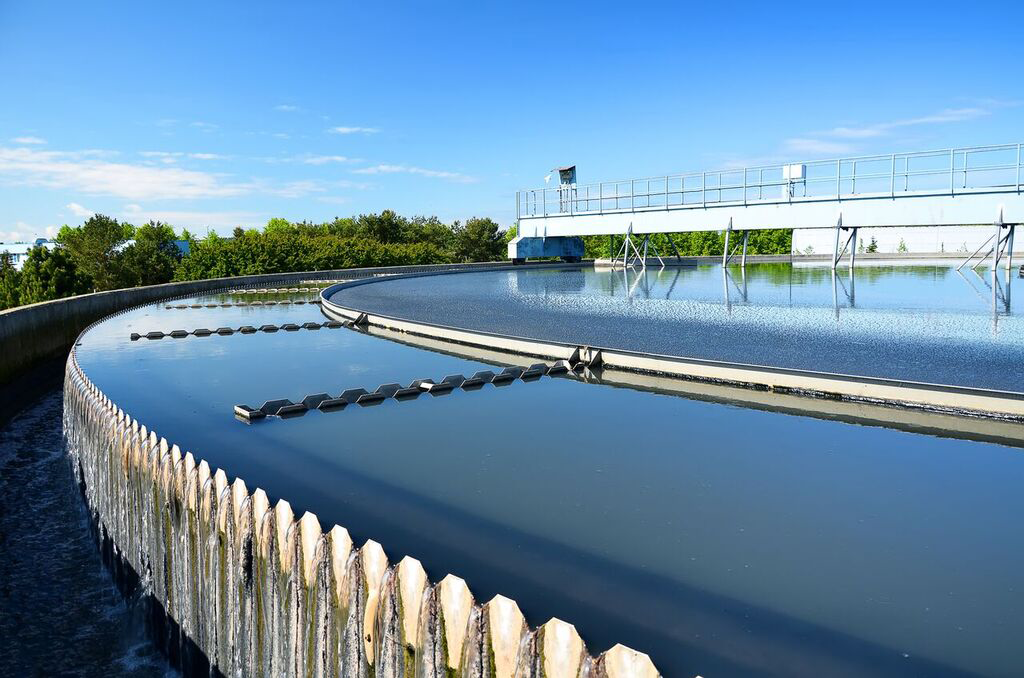New PFAS Policies in Colorado
What is PFAS?
PFAS, which stands for per- and polyfluoroalkyl substances, is a group of chemicals that are used in a variety of applications across different industries and in a number of industrial and household products. PFAS are useful for their ability to resist heat, oils, stains, water and more and can be found in food packaging, medical supplies, and even firefighting foam, as well as in many other products. Exposure to PFAS has been to linked to numerous negative health effects and many PFAS are considered to be hazardous constituents by Colorado’s Solid and Hazardous Waste Commission.
Water Quality Control Commission Policy 20-1
Recently, the detection of increased levels of PFAS in a few Colorado water sources has prompted the Colorado Department of Public Health and Environment to issue Water Quality Control Commission Policy 20-1, which interprets the narrative standard provisions in the commission’s Regulations No. 31.11(1)(a)(iv) and No. 41.5(A)(1) for PFAS. This policy will not grant new authority to the commission, but instead interprets the existing regulations to be implemented for PFAS. The policy also discusses an action plan containing steps to minimize PFAS contamination and reduce PFAS in areas where elevated levels have been detected. One of these steps is the consideration of new statewide regulatory standards for drinking water, surface water, and groundwater.
What Can You Do About PFAS?
The potential consequences of PFAS chemicals are not limited to industrial businesses. PFAS can be harmful or lead to health complications through water, thereby potentially effecting the population at large. If you are a municipality, industrial facility, or even a homeowner concerned with removing PFAS from your water, the first step would be to contact a water treatment expert to determine what can be done to keep your water safe and PFAS-free. FCT Water can provide solutions for many water treatment issues, including PFAS and much more. Reach out to us today to discuss your water and how we can help!

